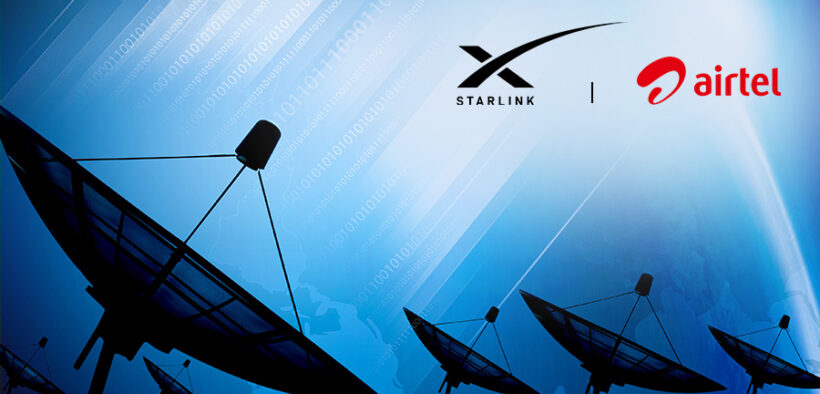Starlink and Airtel Partner to Bridge the Digital Divide in Rural India and Africa
Share

Airtel Africa has joined forces with Starlink, the low-earth orbit (LEO) satellite operator, to significantly expand its services and reach across rural India and Africa. This strategic collaboration, facilitated by Airtel Africa’s parent company, Bharti Airtel, aims to bring enhanced connectivity to underserved regions. The partnership is poised to benefit both Airtel and Starlink, as well as enterprise customers and businesses, pending regulatory approvals in India and five African markets.
Why This Partnership Matters: Expanding Access and Boosting Digitalization
This collaboration offers substantial advantages for both parties:
- For Starlink: Partnering with established telecom companies like Airtel provides crucial access to ground-level sales points, enhancing its competitiveness against other global LEO satellite systems.
- For Airtel: Starlink’s satellite technology can extend Airtel’s services to business customers in remote areas, including educational institutions, health centers, logistics companies, agricultural and mining operations, and secluded tourist destinations. This will deliver a higher quality of service where traditional infrastructure is challenging. Additionally, Airtel can leverage Starlink to enhance its cellular backhaul capabilities in both India and Africa.
The partnership holds immense potential for micro, small, and medium enterprises (MSMEs). In India, where over 51% of 63 million MSMEs are located in rural regions and fixed broadband penetration is a mere 9% (as of late 2024), this collaboration could significantly accelerate digitalization. Similar transformative potential exists across the 14 African countries where Airtel Africa operates.
The Competitive Landscape of Satellite Connectivity

This alliance highlights a growing trend in the global satellite market. Starlink is aggressively pursuing both direct-to-consumer (D2C) and business-to-business (B2B) strategies to gain market share. It has already forged partnerships with operators in the U.S., Canada, Japan, Australia, and Ukraine, aiming to maximize its first-mover advantage over rivals like Amazon Kuiper, AST SpaceMobile, Telesat Lightspeed, and Eutelsat OneWeb.
As competition intensifies, a myriad of partnerships between telcos and satellite vendors are expected to emerge, all focused on boosting connectivity. This will ultimately benefit business and enterprise customers through improved services and expanded reach. Early movers in these strategic alliances are well-positioned to gain significant advantages in this rapidly evolving sector.




